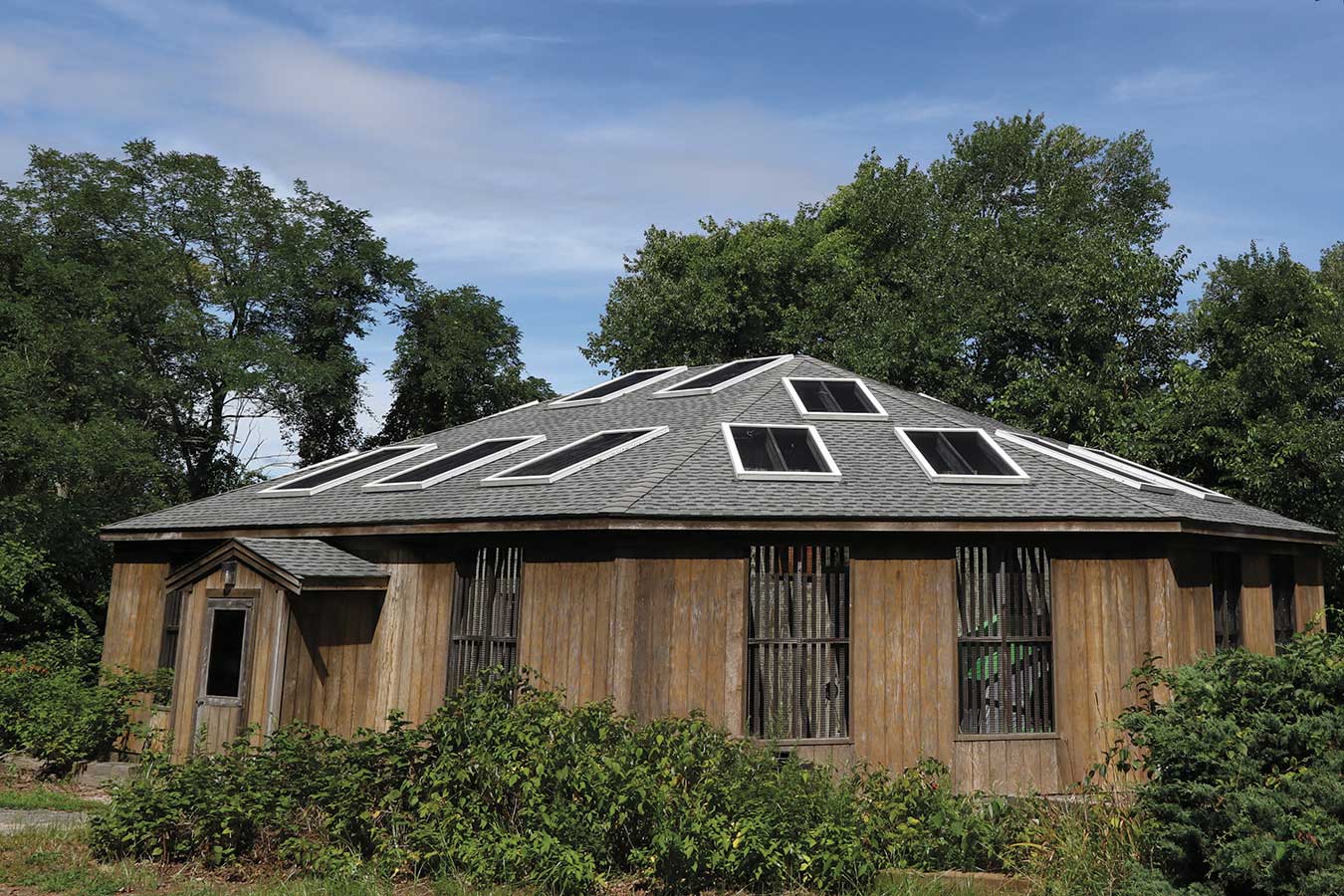by Alice Lesch Kelly
Photography by Marcy Ford
One day last summer, an injured common loon was found beached near Nauset Light in Eastham. Trauma to one of the bird’s feet prevented it from being able to swim and dive for fish. The beachgoer who discovered the distressed bird feared it would die, so she contacted Wild Care, a nonprofit wildlife rehabilitation center in Eastham.
After diagnosing the loon’s injuries, Wild Care’s consulting veterinarian, Dr. Louise Morgan, surgically repaired the bird’s foot. Then, the loon spent time healing and rehabbing in one of the organization’s two seabird therapy pools. “Soon, the bird was swimming, diving, and using the foot normally,” says Stephanie Ellis, executive director of Wild Care. Several weeks after the injured loon was found, Wild Care staff released it back into the wild at Town Cove in Orleans.
The loon is one of about 1,800 injured, sick, and orphaned birds, small mammals, reptiles, and amphibians that Wild Care will rescue and rehabilitate this year. During its 27-year existence, Wild Care has cared for about 30,000 animals representing 275 species, including songbirds, seabirds, turtles, snakes, owls, osprey, and even bald eagles.
In the spring and summer, Wild Care raises scores of orphaned baby birds in its Critical Care Room. Taking care of baby birds is painstaking work; some, such as ruby-throated hummingbirds, must be fed every 20 minutes with a thin syringe.
During a busy afternoon last July, patients at Wild Care included a five-day-old Eastern gray squirrel pup that had tumbled from its nest, a herring gull that had fallen into a vat of cooking oil, an American an with a fractured humerus, and an injured common tern that had become entangled in fishing line in Quitnesset Point in Chatham.
Stephanie Ellis
Executive Director of Wild Care
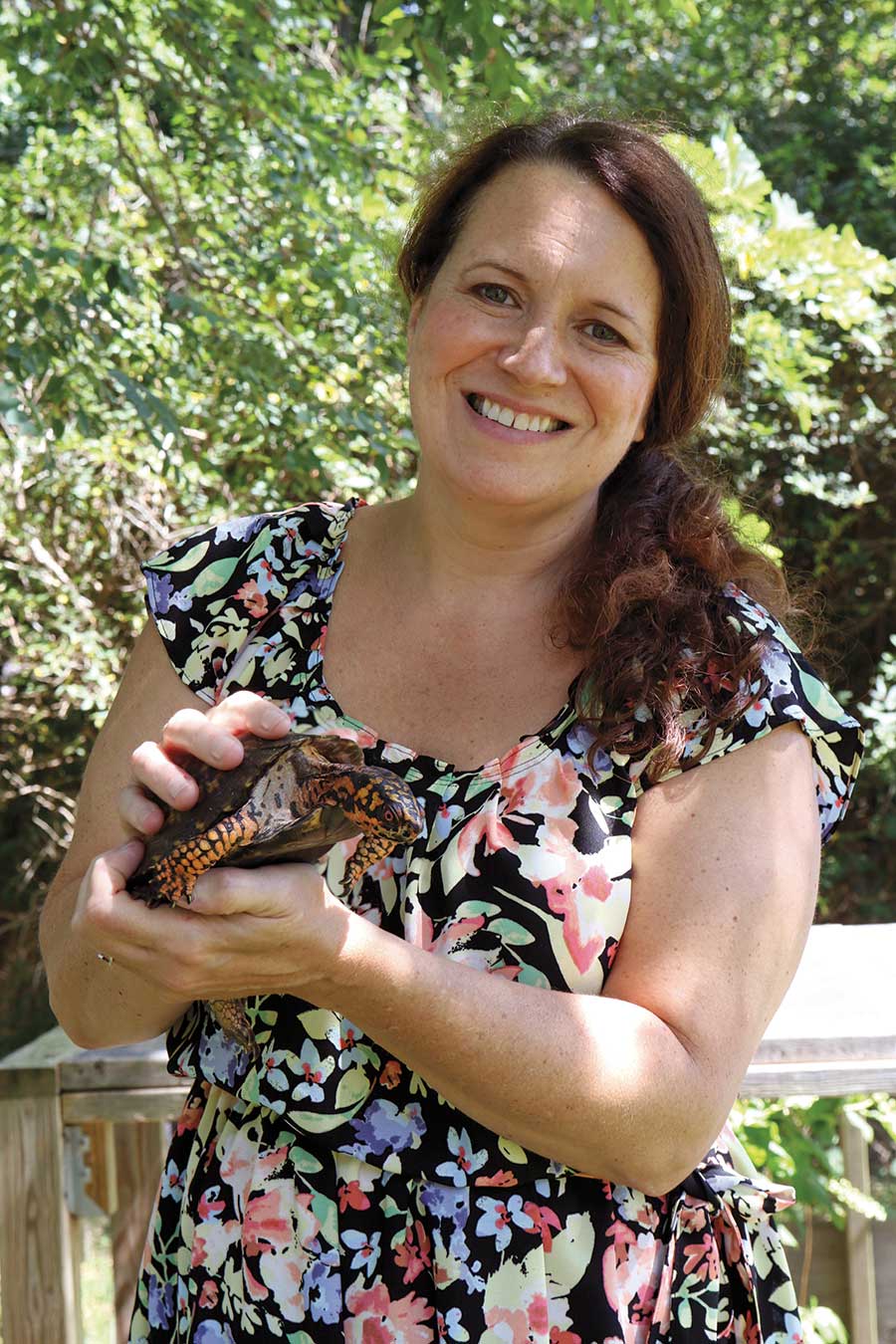
If you find an animal in distress, call Wild Care at 508-240-2255.
10 Smith Lane, Eastham
Follow: @WildCareCapeCod @WildCareCapeCod
For donations and how you can help, visit wildcarecapecod.org
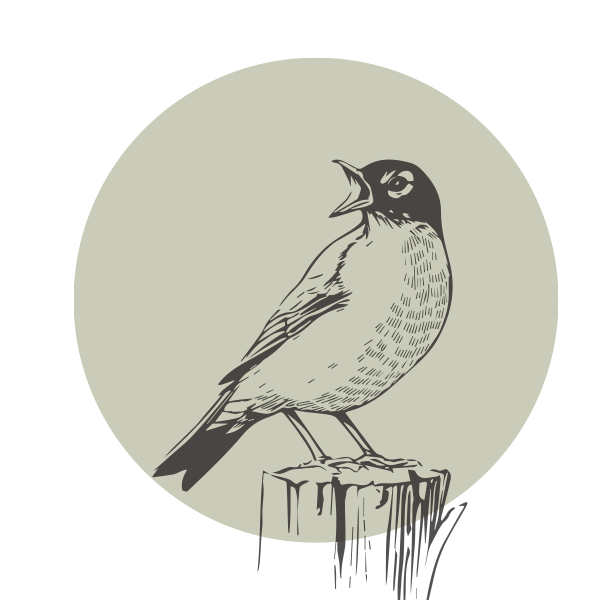
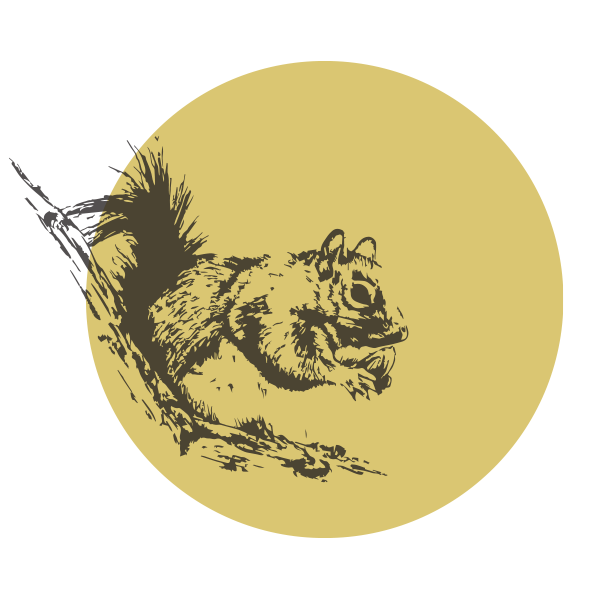
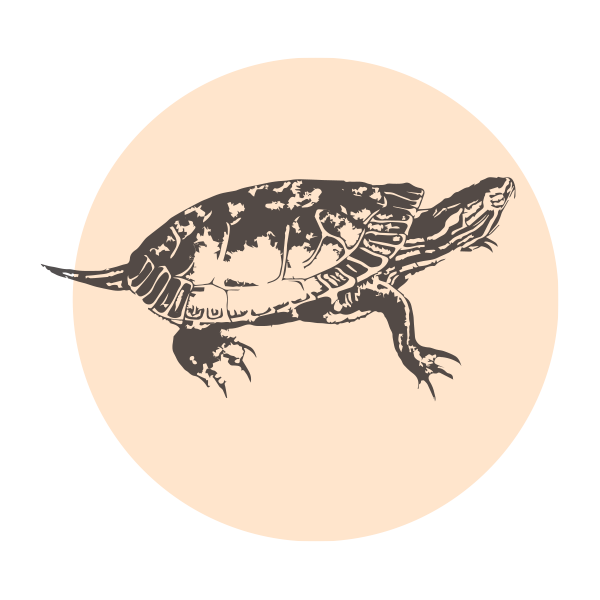
27 Years in business
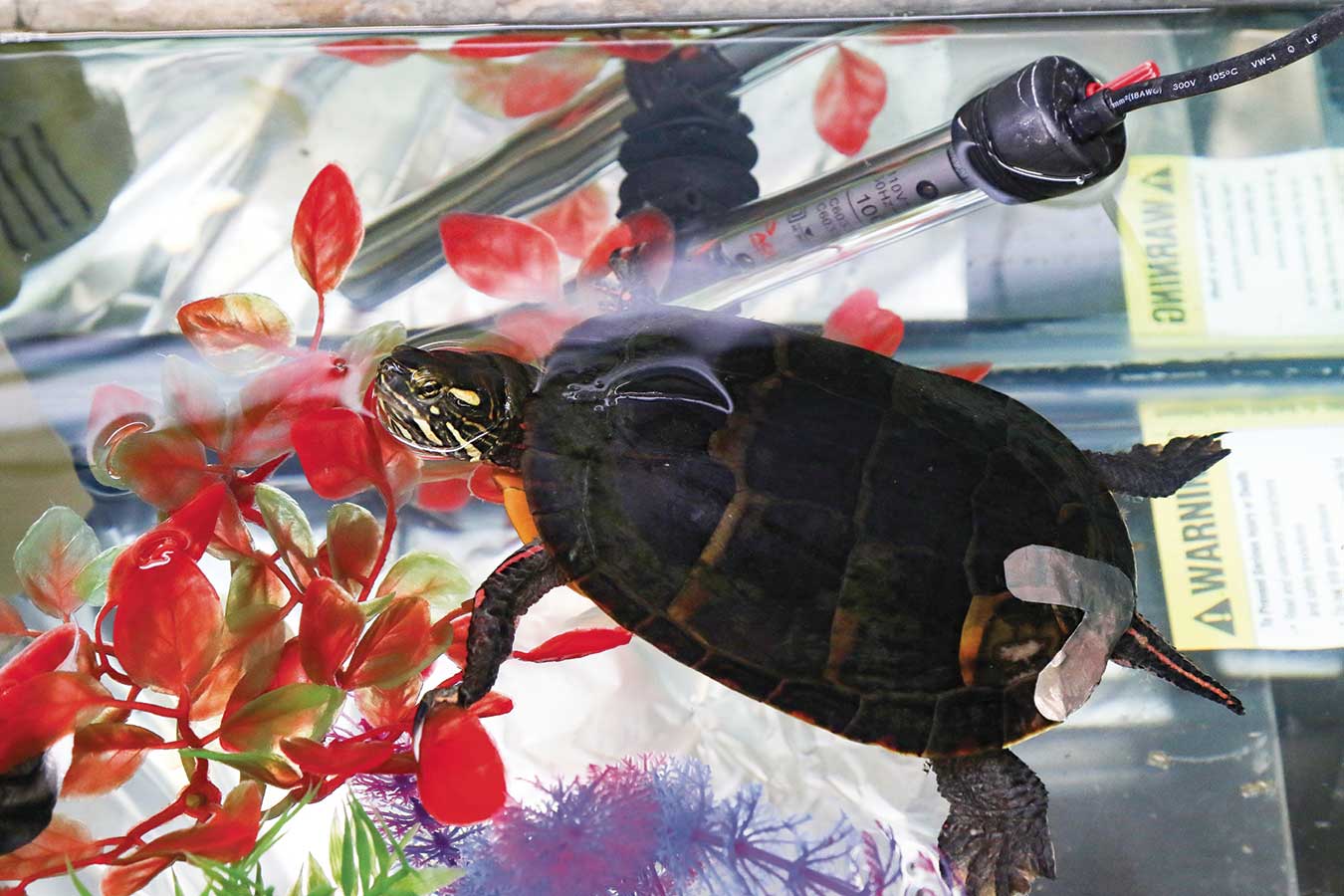
30,000 Animals Cared for
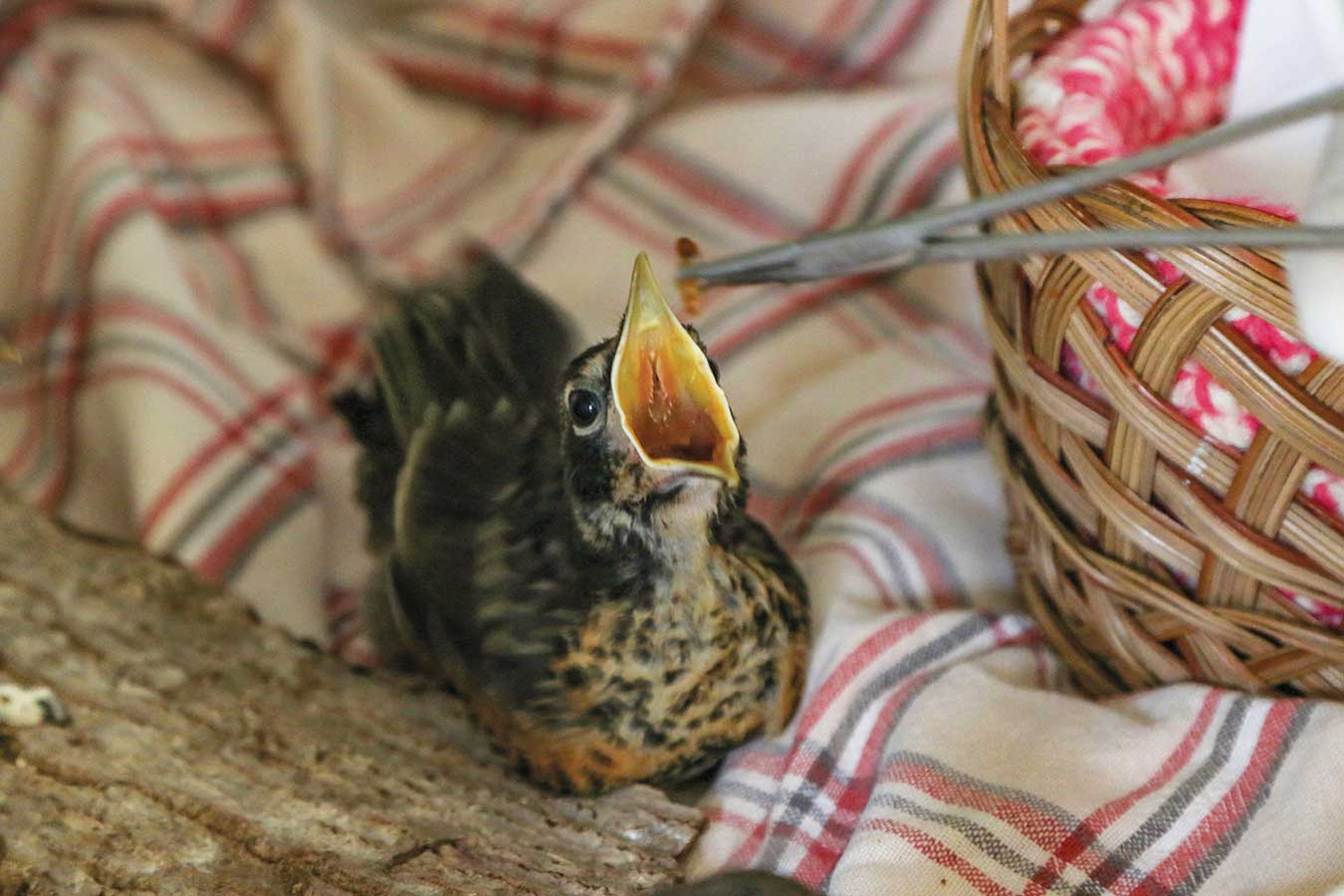
275 different species
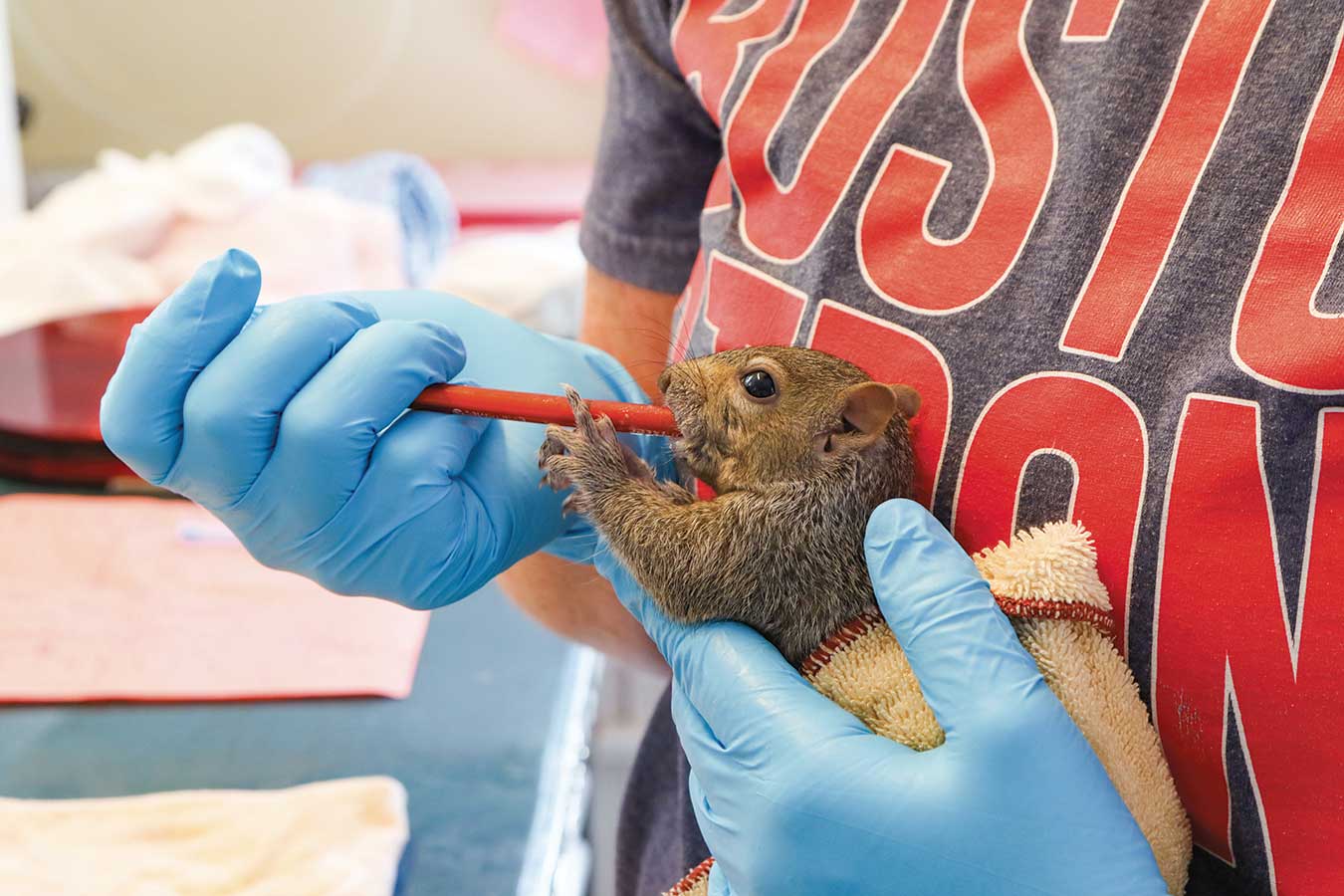
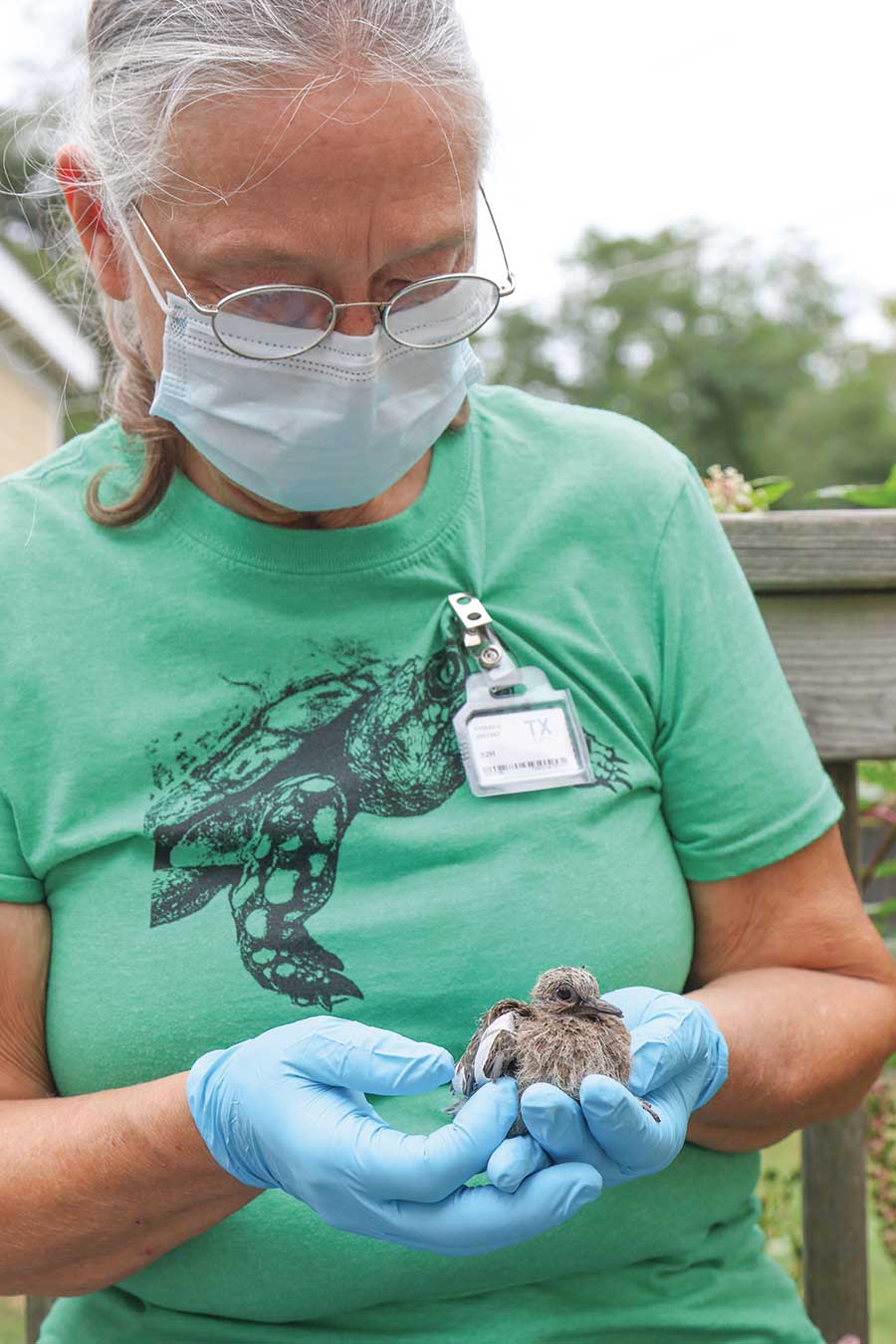
During the colder months, Wild Care rehabilitators rescue and care for an array of migratory birds that become sick or wounded while wintering in Cape Cod and the Islands, including Atlantic puffins, razorbills, Northern gannets, and dovekies.
Ellis believes humans owe it to wildlife to provide them with care when they are hurt. “Nearly half of the animals that come through our doors at Wild Care have been impacted negatively by humans, either directly or indirectly,” Ellis says. “It is our responsibility to rectify these issues and to educate the community about how they can reduce their negative effects on wildlife.”
Wild Care has a small staff of professional animal rehabilitators, as well as a few summer interns and an army of volunteers. One such volunteer is Peter Kosewski of South Wellfleet, who has been with the organization for six years. He helps out with wildlife care, cleaning, and rescue. One of his favorite experiences occurred last winter, when he responded to a call about a Northern gannet that had become stranded in the woods in Provincetown during a winter storm.
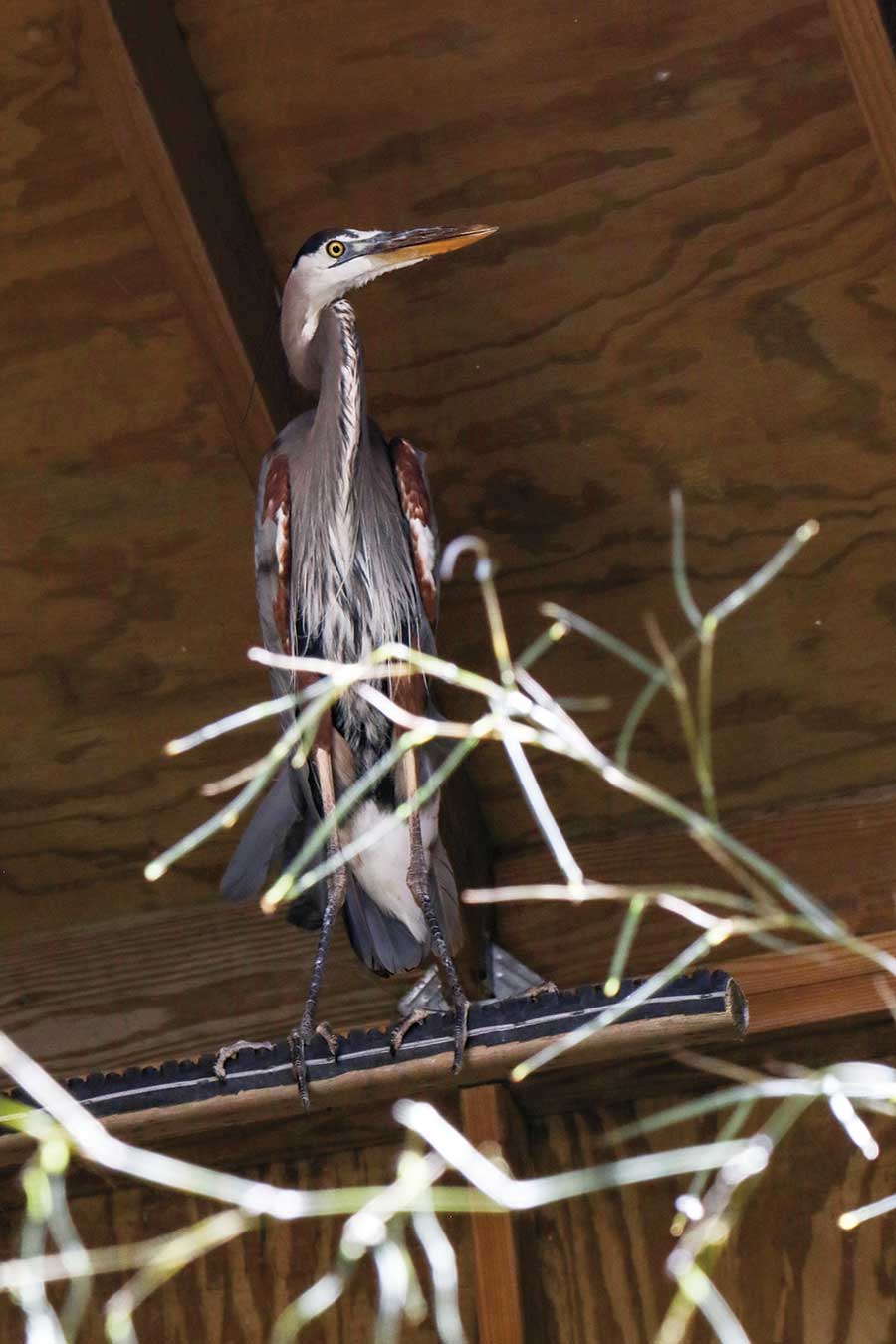
“A Northern gannet is a big, strong, fierce seabird that you never see on land unless there is something wrong,” Kosewski says. After rescuing the bird and having it checked out by staff at Wild Care, Kosewski was thrilled to have the opportunity to release it back into the wild at Boat Meadow landing in Eastham. “There’s nothing like seeing a bird take off on its own.”
Some of Wild Care’s volunteers have been with the organization for over 20 years, Ellis says. “We absolutely could not do what we do without our volunteers and interns.”
Supporters provide an array of animal care supplies, including food (such as nuts, berries, mealworms, baby food, and formula), medicine, and cleaning products. Volunteers also donate tiny hand-knitted bird nests, handmade wooden bird and squirrel boxes, and acorns collected from backyards. Fundraising is in process for a new building that will provide space for more wildlife, as well as an education center and a laundry room.
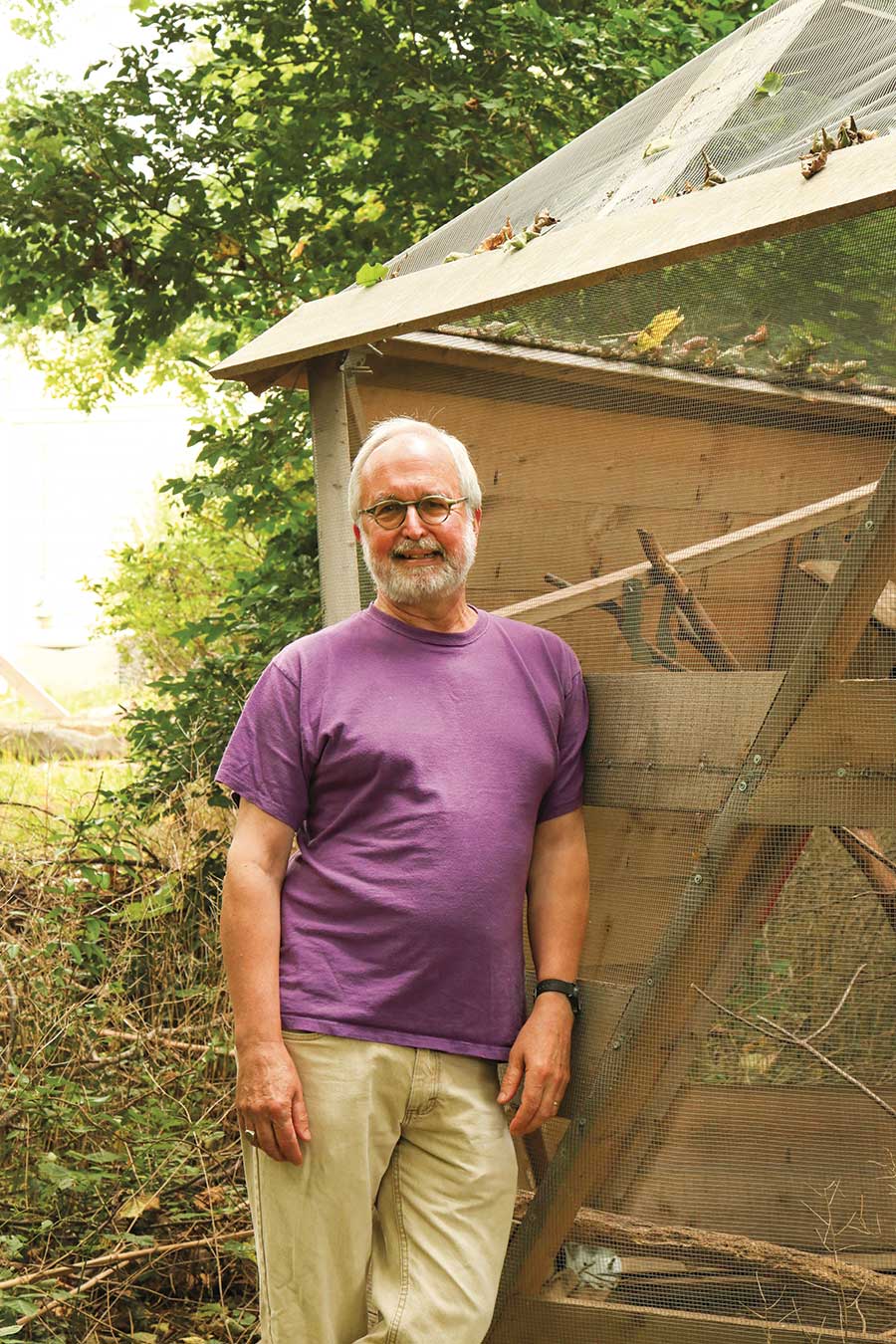
In addition to diagnosing, treating, and rehabilitating wildlife, Wild Care educates people of all ages about how to protect wild creatures, such as through its Trash Your Tackle initiative to reduce the impact of marine debris on wildlife. Rehabilitators visit community groups and schools to spread the word about how—and why—to protect wildlife.
“Every animal plays an important role in the ecosystem,” Ellis says. “Whether it is a federally endangered piping plover or a common white-footed mouse, all animals are deserving of care and a second chance. And I am thrilled that they get a second chance at Wild Care.”
